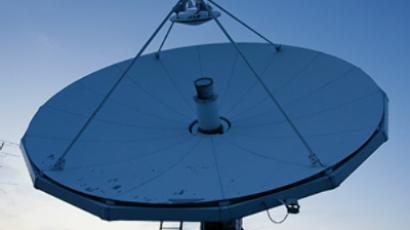Rouble takes a back seat as inflation becomes the focus
The rouble has fallen to its lowest level this year against the euro-dollar currency basket. But, the central bank is not too concerned about the weakness as it focuses attention on controlling inflation.
The government is increasingly persuaded that the rouble can take care of itself, it is inflation it needs to worry about.
The central bank has widened the exchange corridor, as a cautious step towards the free float of the currency. When this happens it will allow the central bank to focus on setting policy to control prices. This has the ultimate aim of bringing Russia more in line with developed economies which offer a stable monetary environment. Evgenny Yasin, Research Director at the Higher School of Economics, says inflation has to be the major focus.
“If we want an investment economy, inflation should be around 5%. Any measure that leads to decreasing inflation – is a priority. “
There is no sense of the panic about the current valuation of the rouble. Unlike other commodity exporters such as the Canadian or Australian dollars, or the South African rand it hasn’t surged over the course of this year.
A declining current account surplus in recent months, combined with capital outflows, and key interest rates which were falling until the middle of the year have kept it from appreciating too quickly.
But range bound crude prices between $70/bbl and $85/bbl, a rebounding economy, and Russian fiscal reserves of nearly $500 billion have limited falls. The rebound of the Euro, which makes up about 45% of those reserves, largely explains the drop to year lows against the currency basket.
Russia's central bank says the current fundamentals of the Russian economy do not support a one way trend, but, Presidential Aide, Arkady Dvorkovich believes there are a number of factors which will lift the value of the currency in the medium term.
“The measures that can prop up the national currency are the transfer of some export oil contracts to the rouble and increasing the volume of Rouble deals between the CIS countries.
Russia has just announced a large-scale privatization…The inflow of capital prompted by these deals will also have a positive impact on the ruble's status on the world market.”
The current softness of the Russian rouble contrasts with the problems faced by major manufacturing exporters, which have been so focused on either limiting appreciation, or actively pushing their currencies down, that currencies are expected to be the key topic under consideration at this weekends meeting of G20 finance ministers in Gyeongju, Korea.
With inflation starting to move higher after the summer, the central bank will be keeping a keen eye on what tools it has at its disposal to control it, but as it also moves towards a free float of the rouble it is in no hurry to alter its course dramatically.













